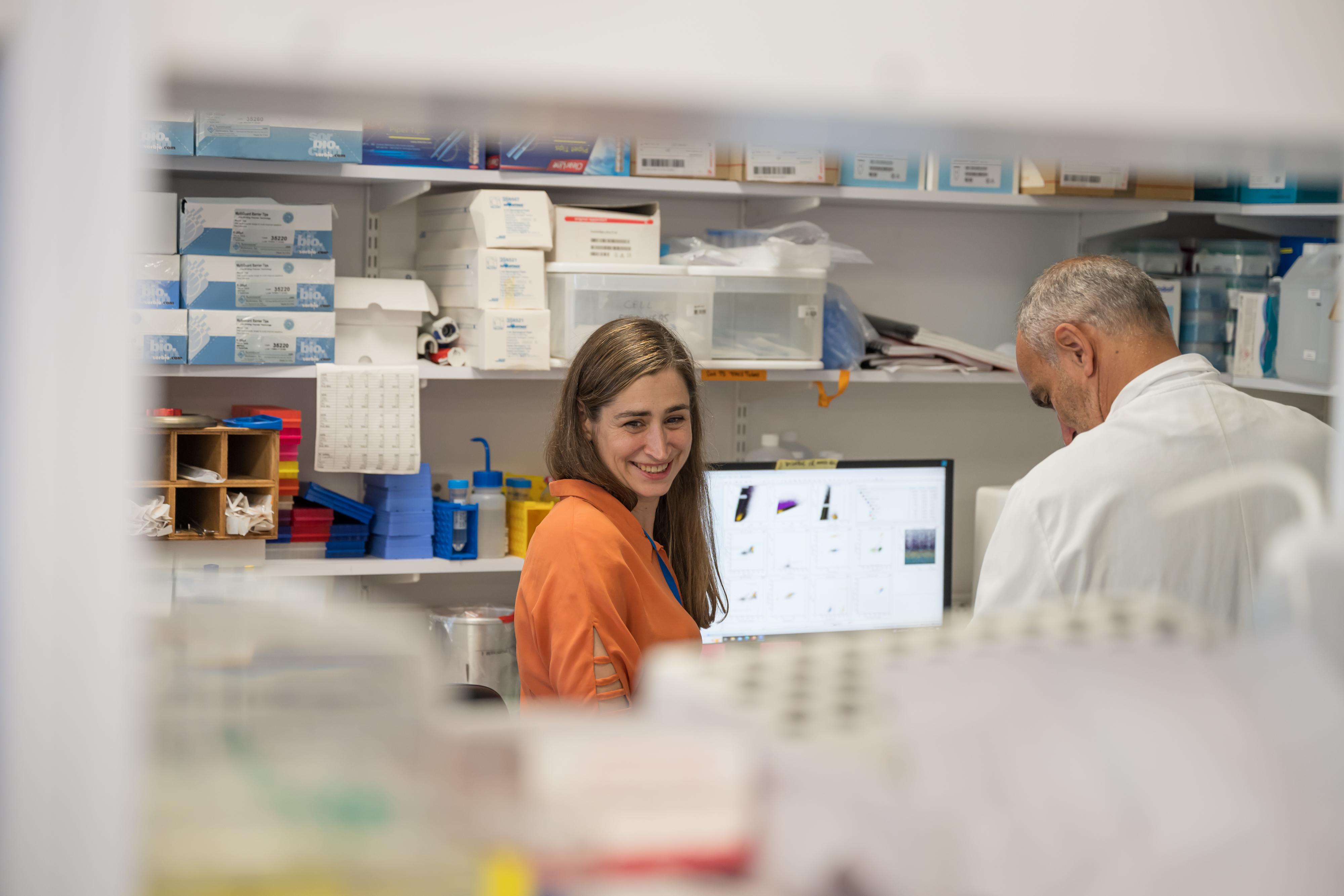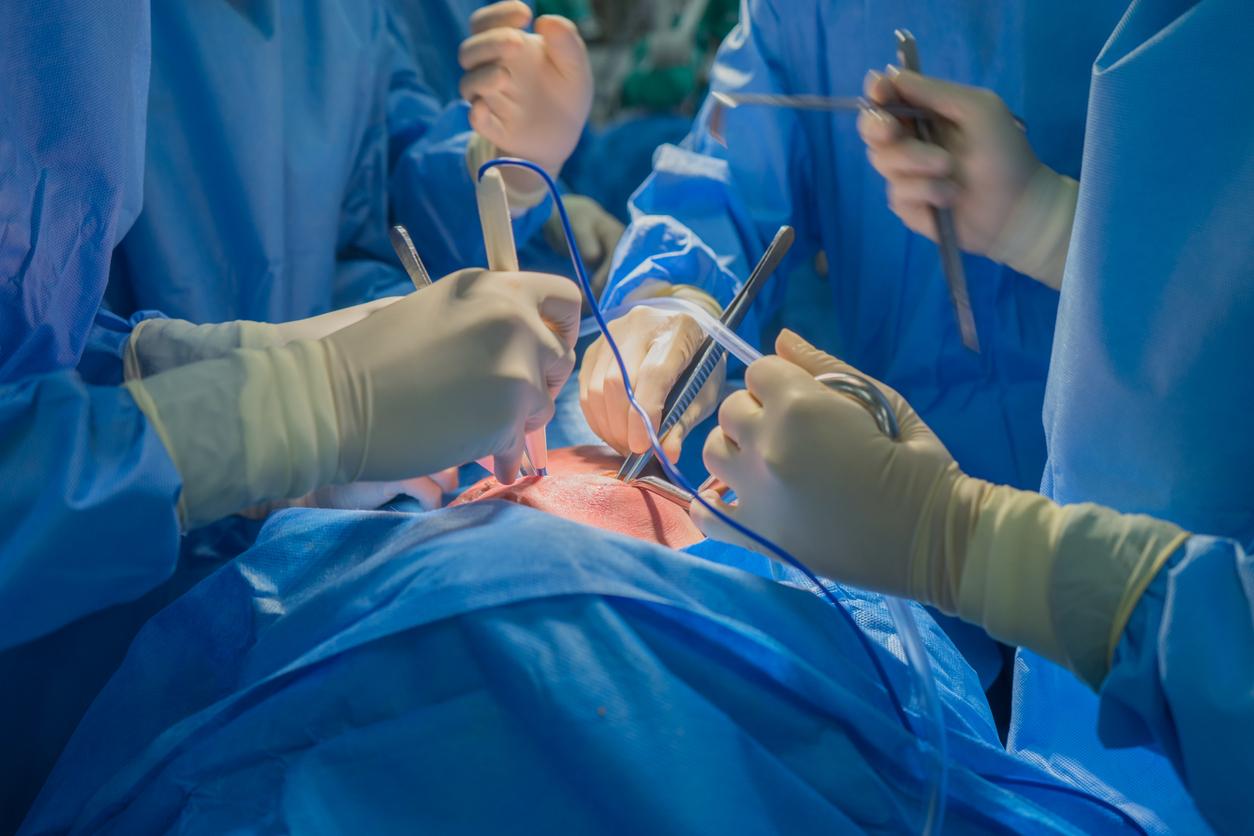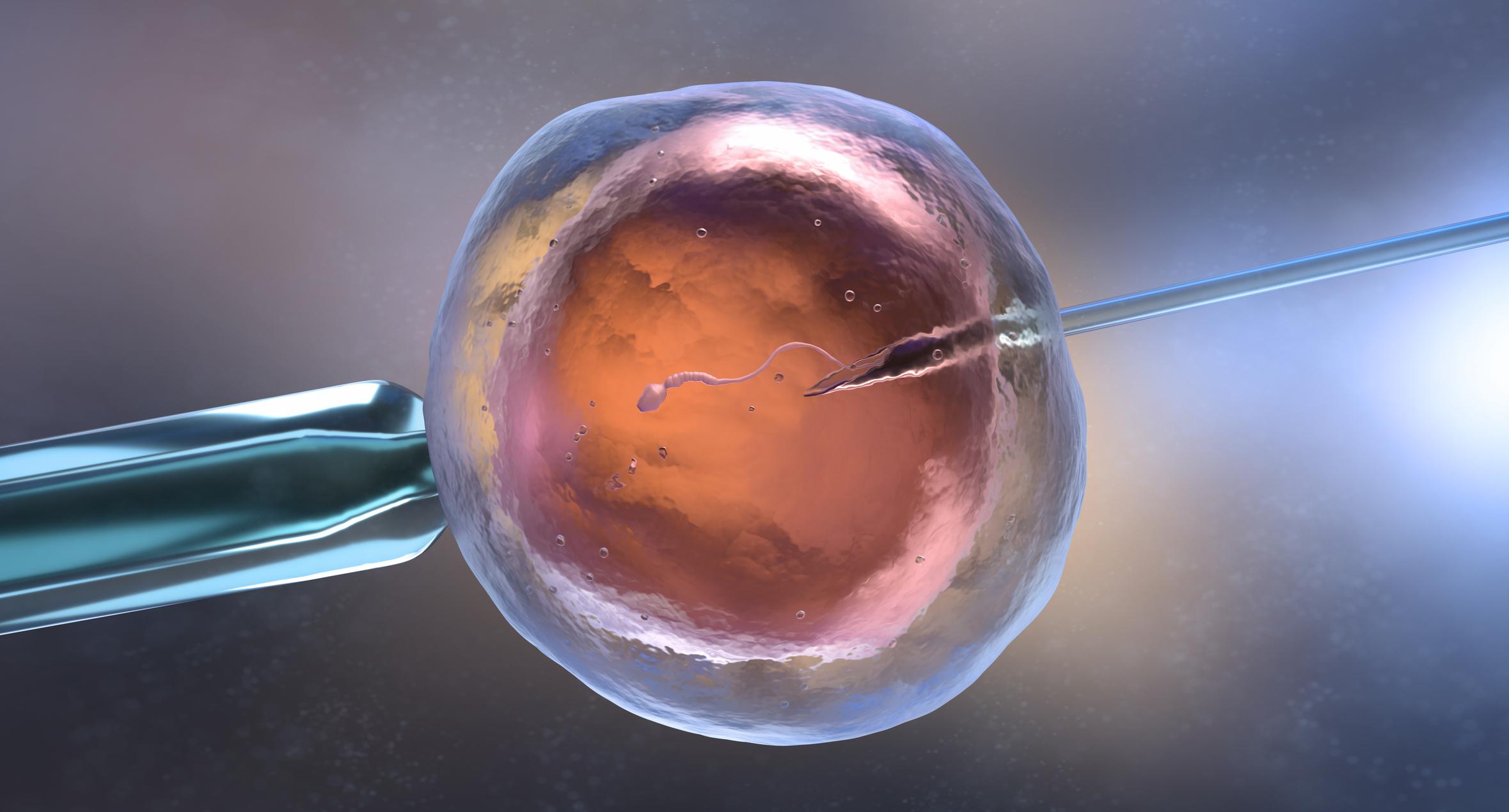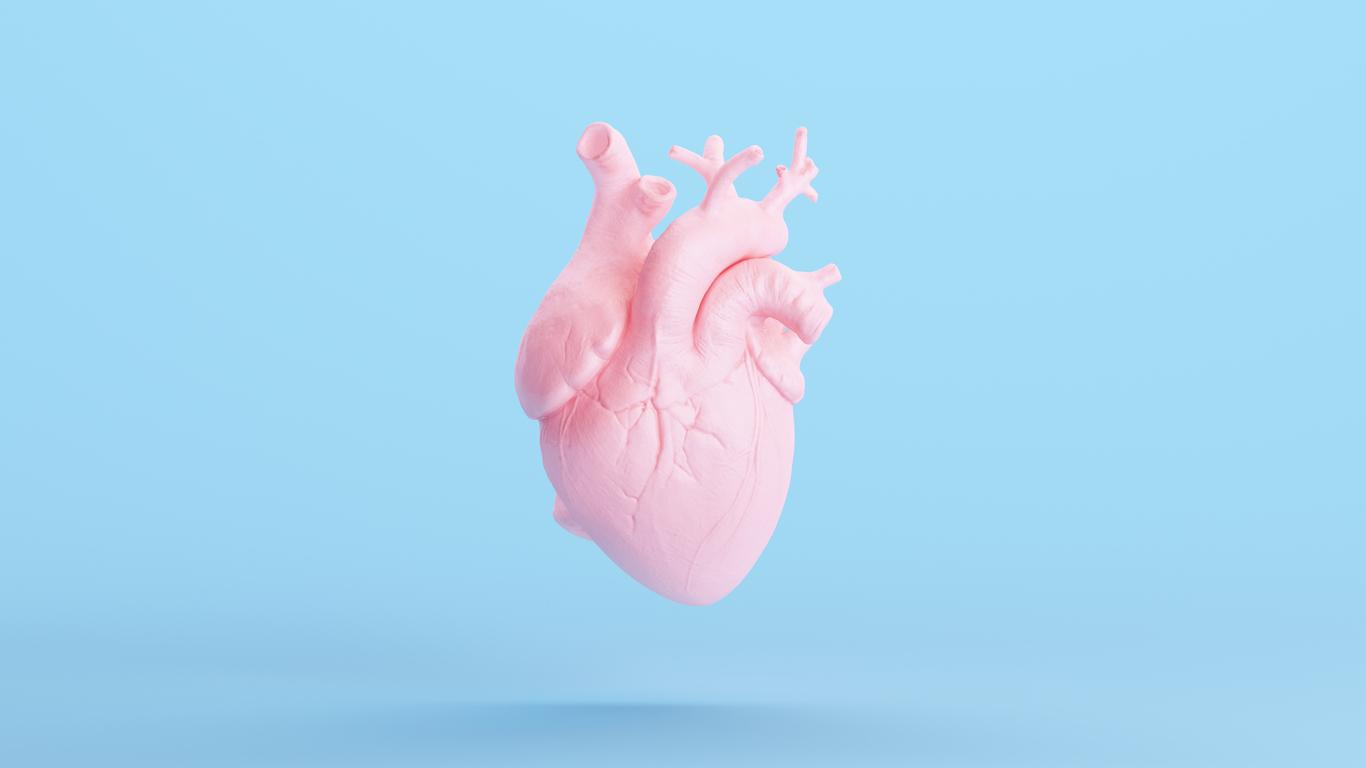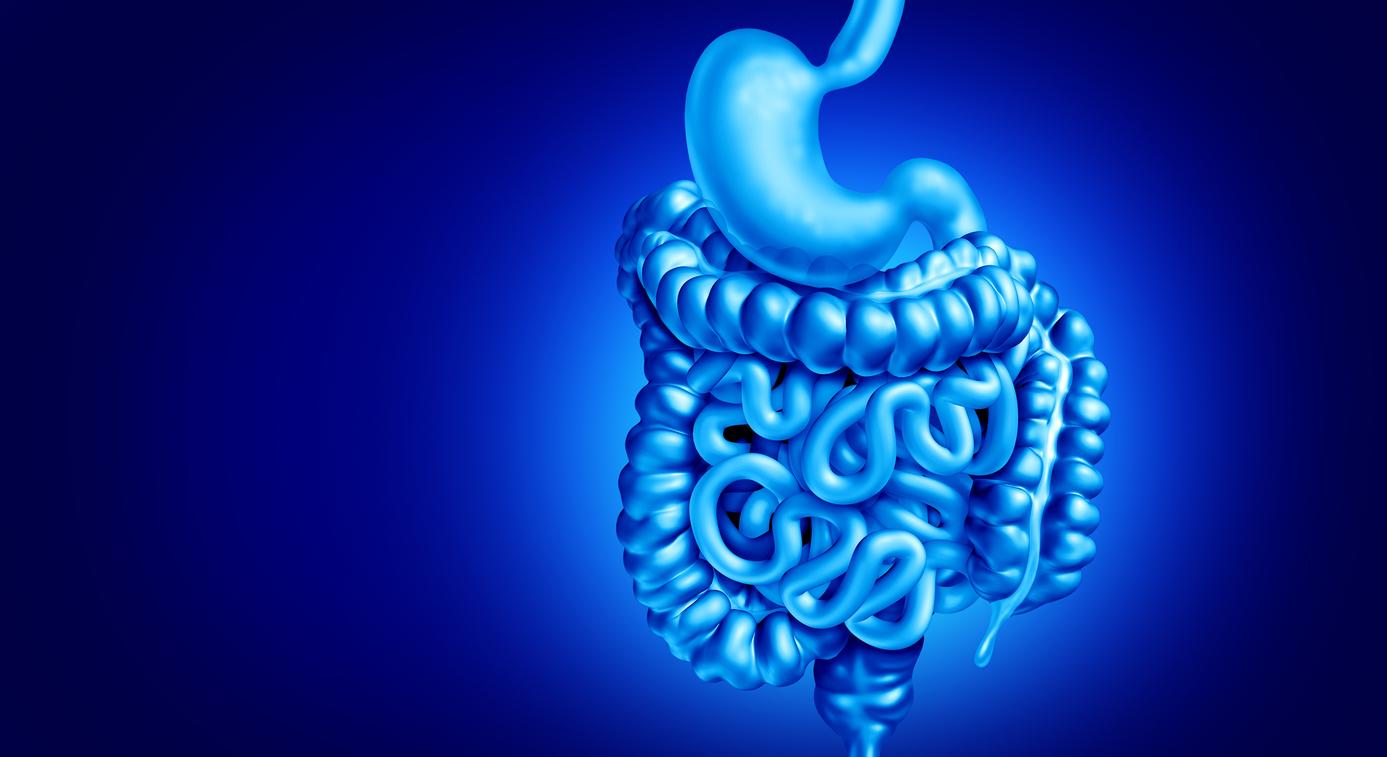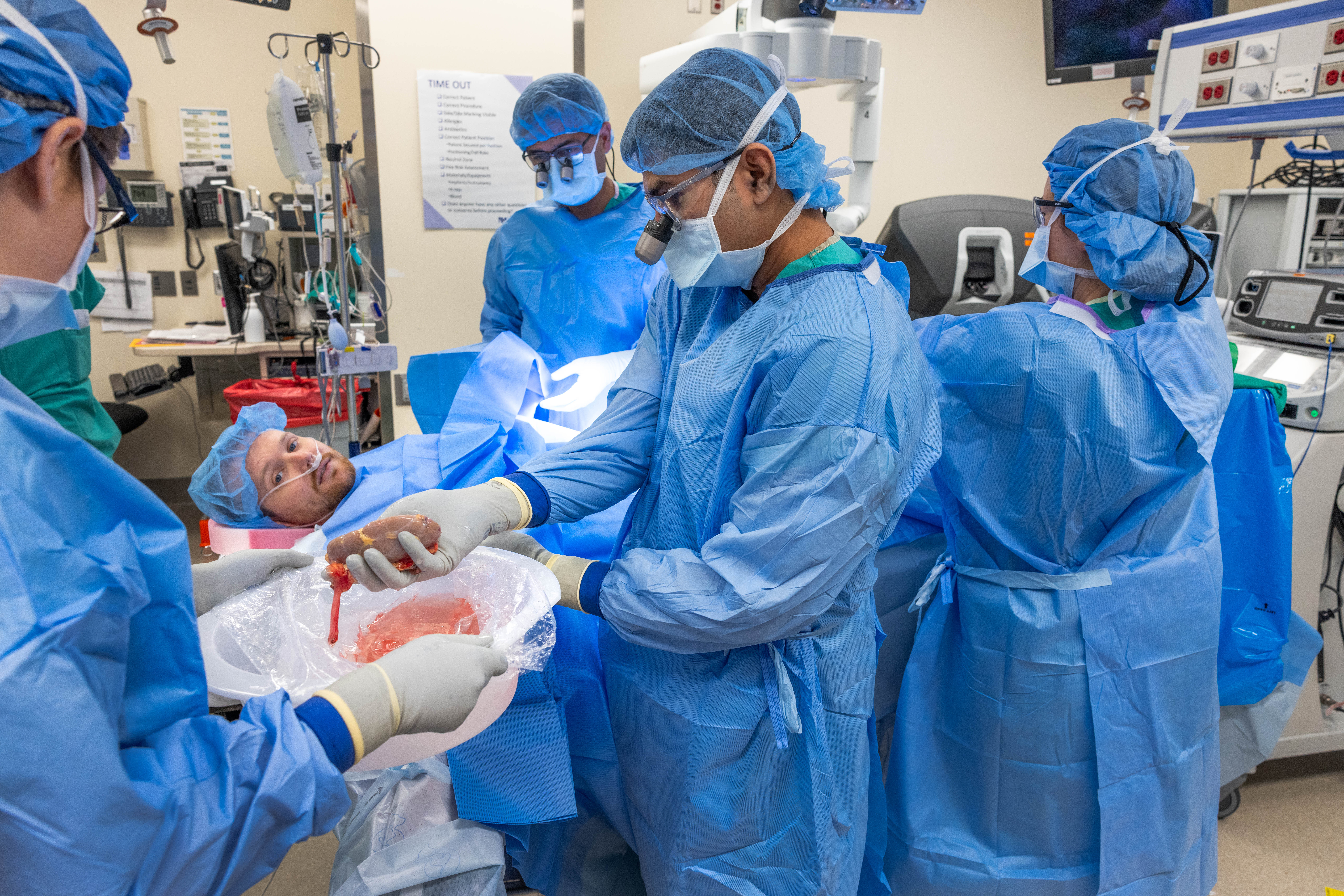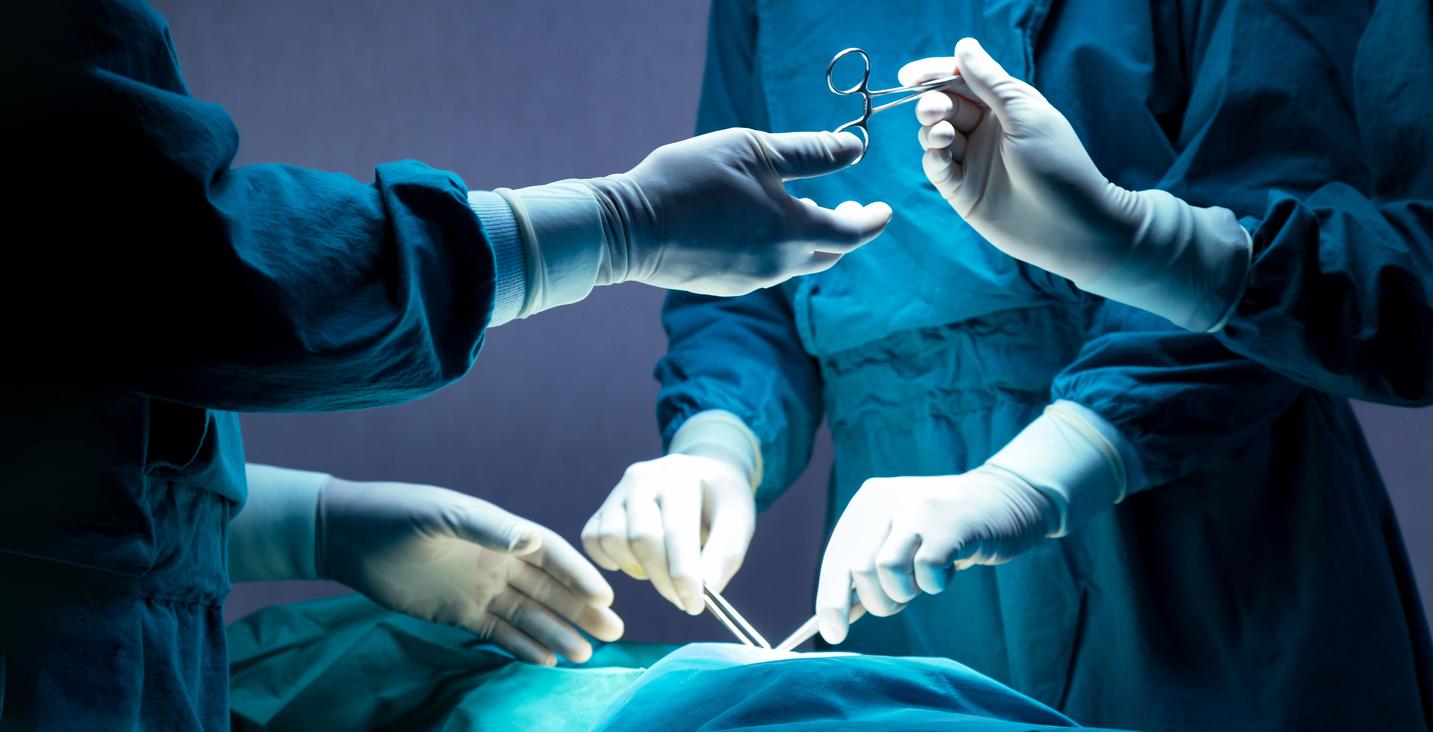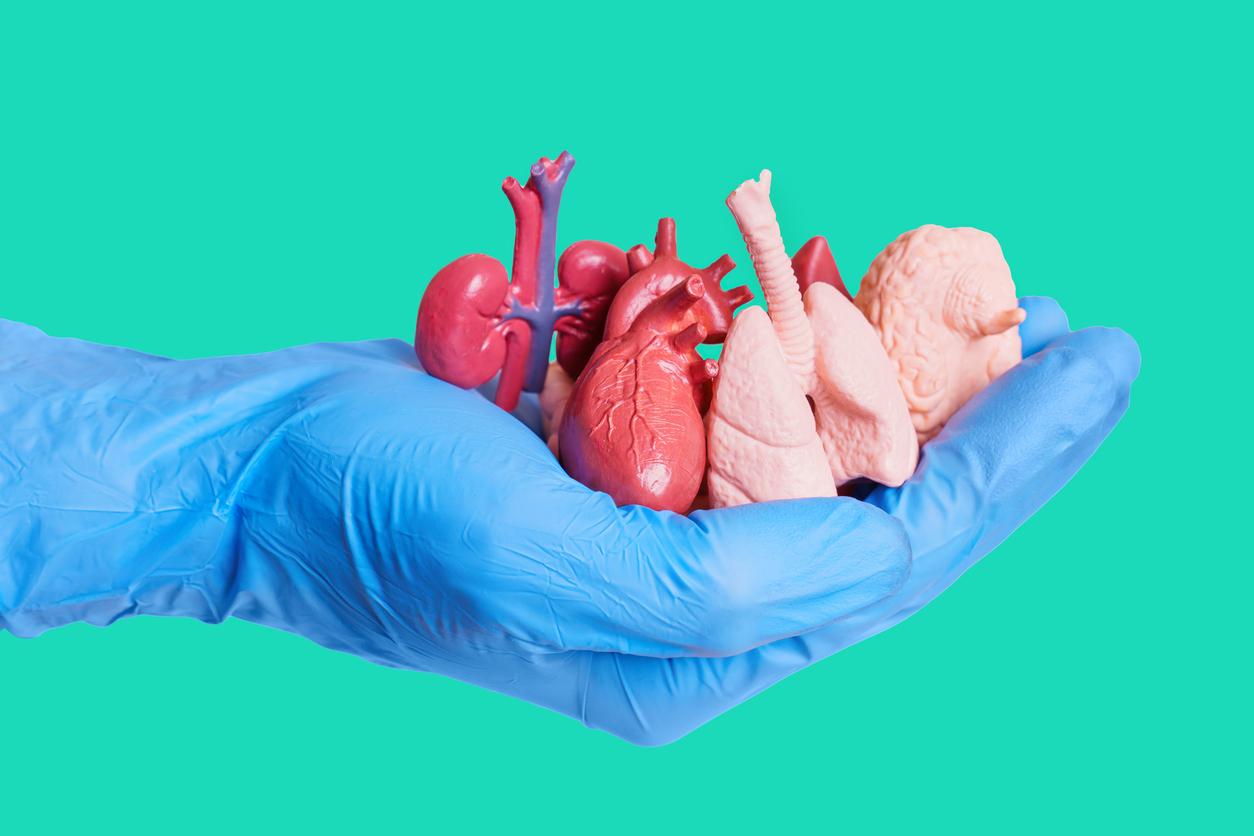A researcher from the University of California (United States) announced Sunday at the annual meeting of the American Association for the Advancement of Science (AAAS) that he had succeeded in developing a human-sheep embryo.

At the annual meeting of the American Association for the Advancement of Science (AAAS), in Austin, United States, a researcher from the University of California announced that he had developed a sheep embryo containing 0.01% of cells human. Specifically, Professor Pablo Ross explained that one in 100,000 cells is human. “We think that it is not yet enough to generate an organ”, he however qualified. Development was halted after 28 days according to official regulations.
Indeed, this experience, which occurs one year after the human-pig chimera of researchers at the Salk Institute, in La Jolla (United States), leads to the possibility of transplanting organs of hybrid animals on humans awaiting a transplant. In France in 2016, 22,617 people were waiting for an organ transplant and only 5,891 transplants were performed. If this number has increased during the last 5 years, the needs remain important. Just as 3D printing has revolutionized the field of organ transplants, this research could one day make up for the lack of transplants.
Breakthrough as scientists grow sheep embryos containing human cells. How close are we to being able to tailor genetically compatible organs inside animals? https://t.co/t7cbqYQ9Im #genomics #healthtech pic.twitter.com/KJYRfpkN2P
– Julia Margo (@jules_margo) Feb. 20, 2018
Transplants on AIDS patients
Waiting lists are growing all over the world with the aging of the population and the success of transplants already carried out. Researchers are therefore increasing the number of studies and experiments to find a way to transplant all the patients in need. In 2016, the transplantation of a kidney and a liver in two patients with HIV had sounded like a revolution.
“Thousands of HIV-infected patients who need kidney or liver donation are on waiting lists, and have a high chance of dying while waiting,” said Dr Dorry Segev, the surgeon at the center. John Hopkins Medical Center in Baltimore, USA. At the same time, we are throwing away organs only because the donors are HIV positive. Organs that could have been perfectly suitable. “

.










